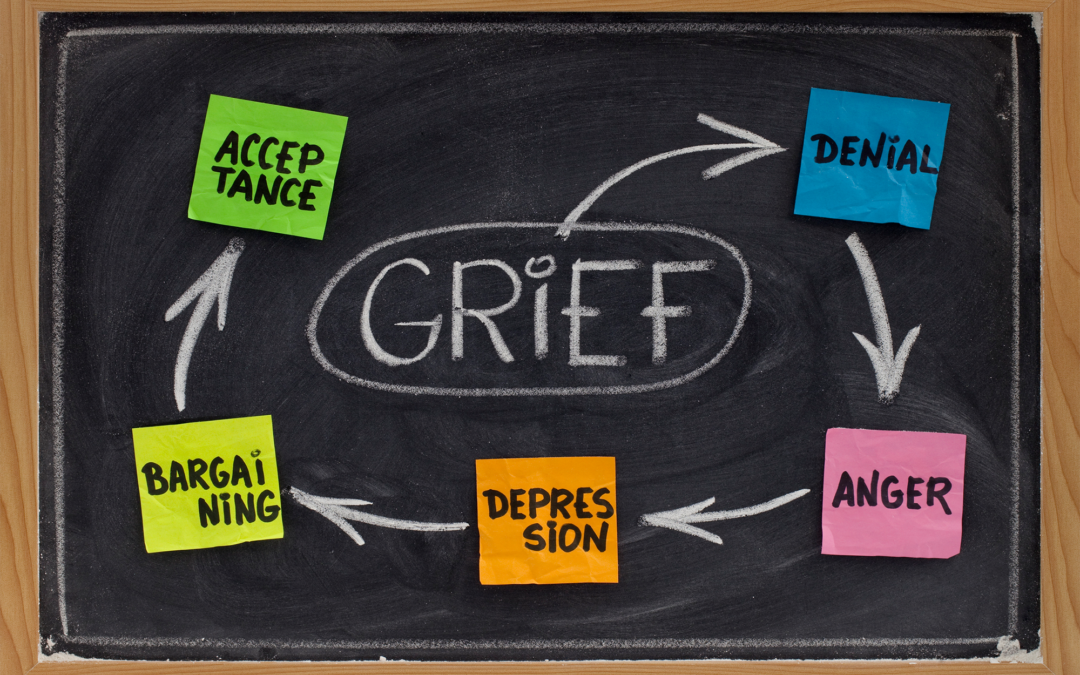We are posting a series of blogs aimed at supporting leaders and their families through the global pandemic. If you would like us to post on a particular topic, relevant to leading, and thriving, through this crisis from a neuroleadership perspective, please email admin@noesislearning.com.
Our brains are wired to focus on threats in our environment. Right now, there’s no bigger threat than Covid-19. This pandemic is revealing much about our individual responses to sudden change. Some have been slow to accept new government and employer directives. Others have been quick to respond and adapt. We continue to see all manner of reactions and behaviors in our communities. Kubler-Ross’ long-established change curve is a useful way to explain and identify where you, those you lead, and those you love are at, in processing grief and responding to the crisis. In this week’s blog we explore:
Bargaining
When the stage of anger subsides, people may try to postpone the inevitable by looking for ways to hang on to what is familiar, or to negotiate a more comfortable reality than the one taking place. This is when we try to do a deal with ourselves – I will still go and visit friends rather than staying at home as recommended, but we’ll sit 6 feet apart. We try to rationalize choices and decisions or ask for what we need in a different way, in the hopes that the outcome will be different. Children are masters of this – as every parent knows! Employees may offer to take on extra work to avoid reduced hours. Bargaining provides some sense of personal control and opportunity to test the ‘new world’.
We can help people move through this phase by being open to, and listening to, peoples’ suggestions as this may help them feel heard, and process some of their resistance. Set clear timelines and expectations and have conversations that give people opportunity to share, hear others’ thoughts and buy-in to required changes. Full productivity cannot be expected during this phase but allowing processing time here can pay off later.
Depression
When bargaining is no longer an option, and the full impact of a new reality sinks in, we can feel heightened emotions of fear, sadness and even prolonged depression. Right now, for many of us this is likely linked to the enormous loss of freedom we’ve experienced. Inability to spend time with friends and family, celebrate special occasions with all our ‘people’ and even stand together in loss of a loved one. Losing our busy, active lives is a loss most of us have never experienced before.
Too long in this phase brings with it lower levels of dopamine and serotonin. Neurotransmitters essential for wellbeing, engagement, innovation and learning. Organizations cannot think their way through a global economic crisis with an overly sad and fearful workforce. We can help people to name the emotions they are feeling to dampen the effect of negative emotions. This labelling of emotions, is what neuroscientist Dr. Matt Liebermann calls ‘name it to tame it’. It is one simple way to help ourselves and others acknowledge, process and move through emotions. And that can help us shift into positive action again, which feels oh so much better.


Recent Comments